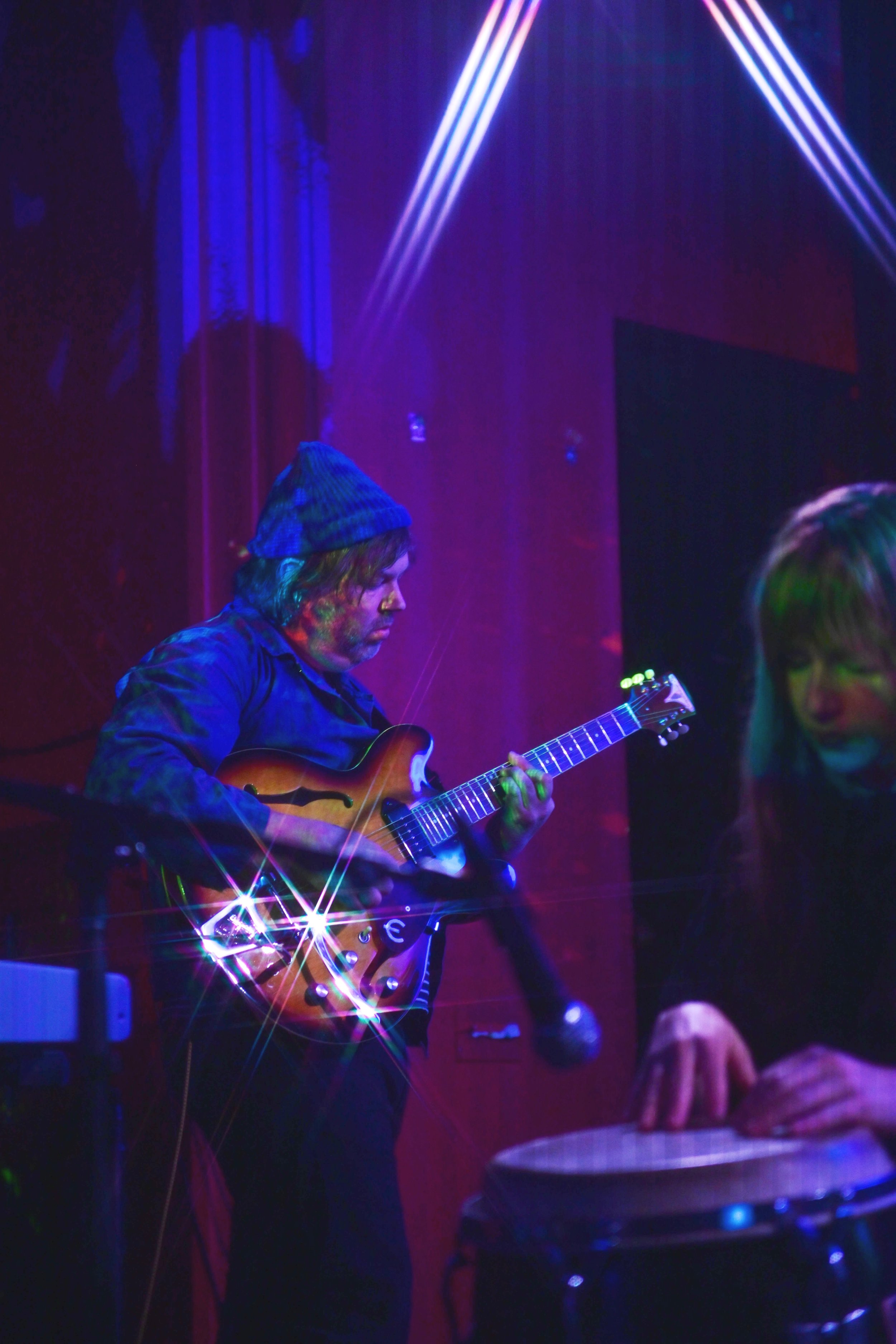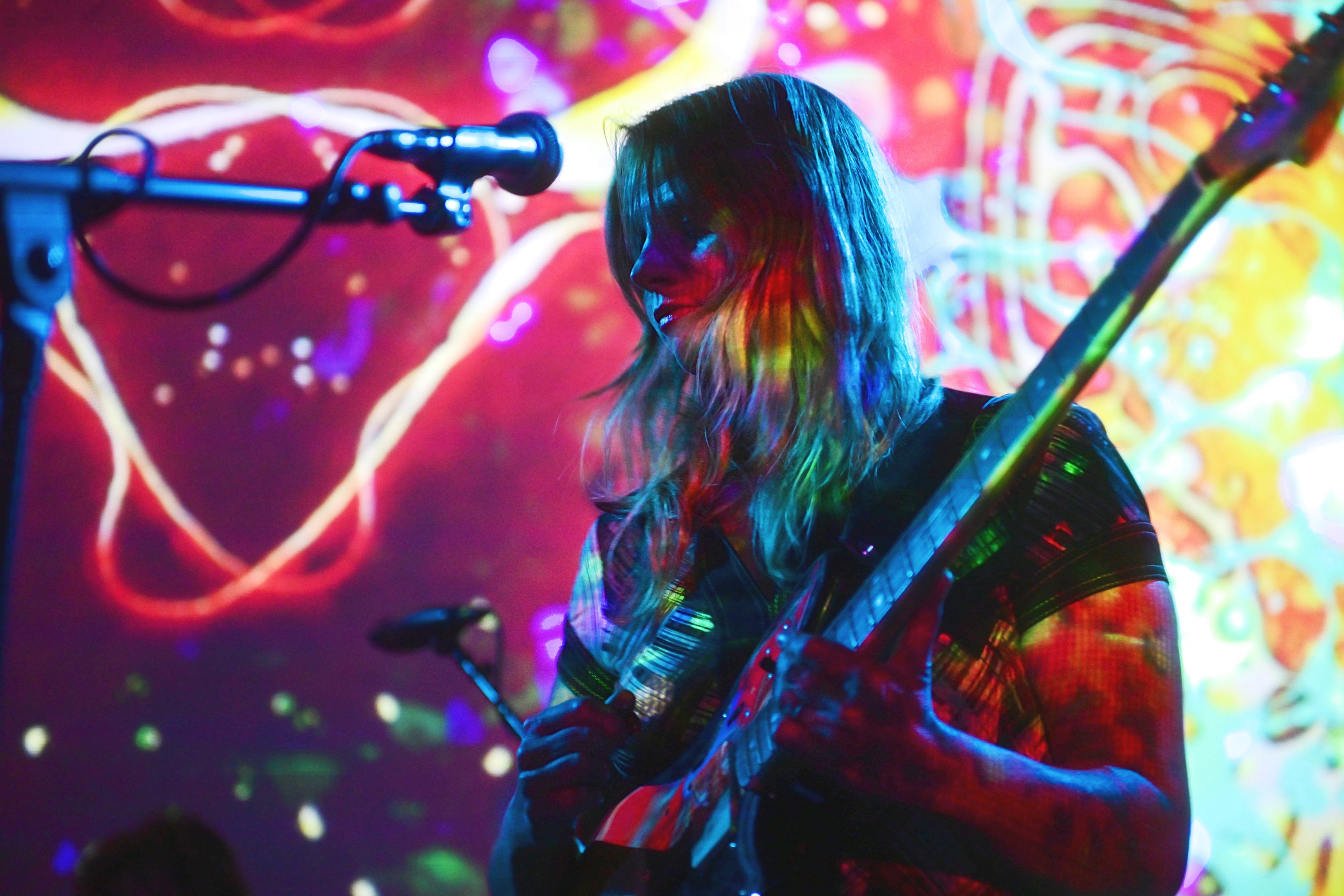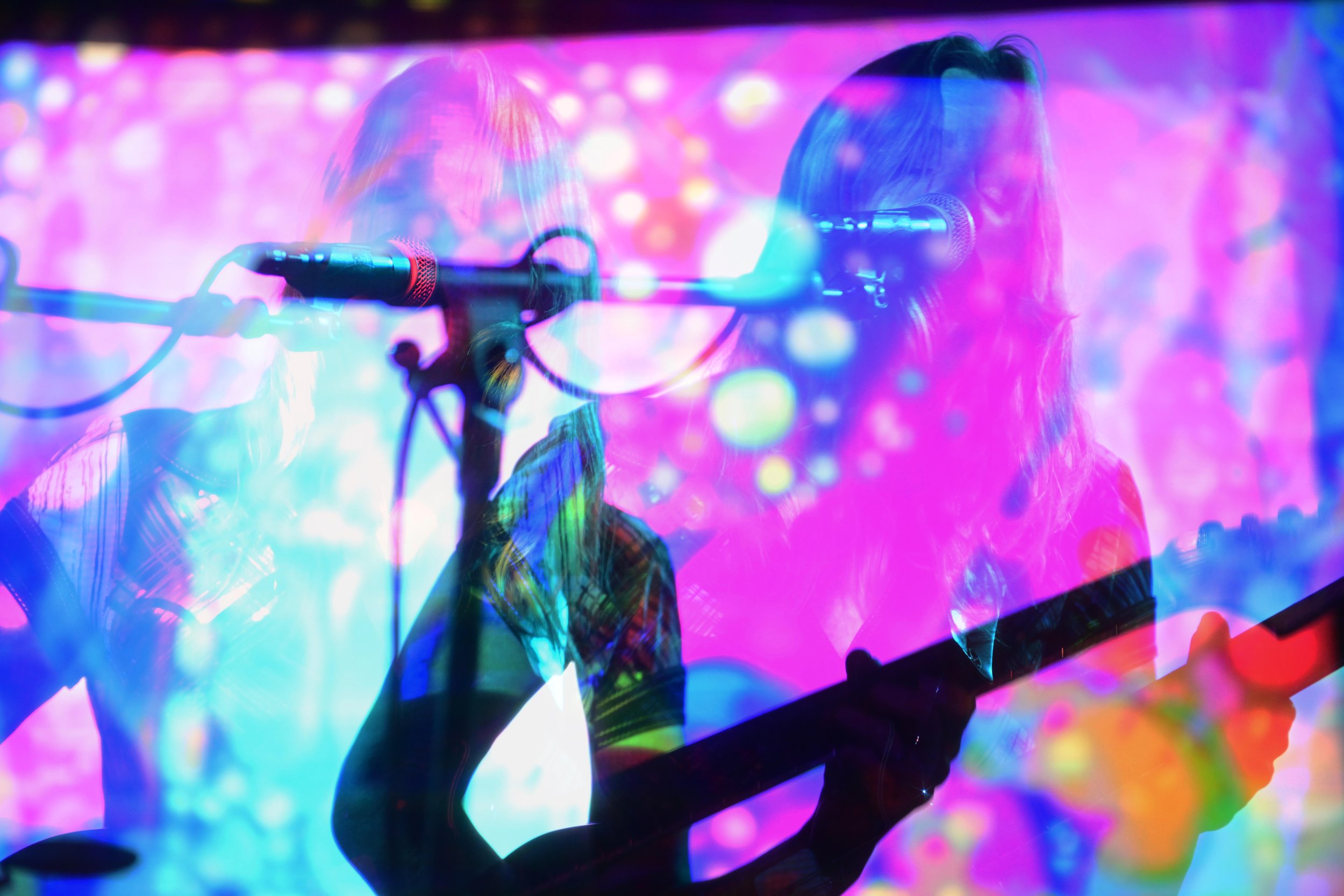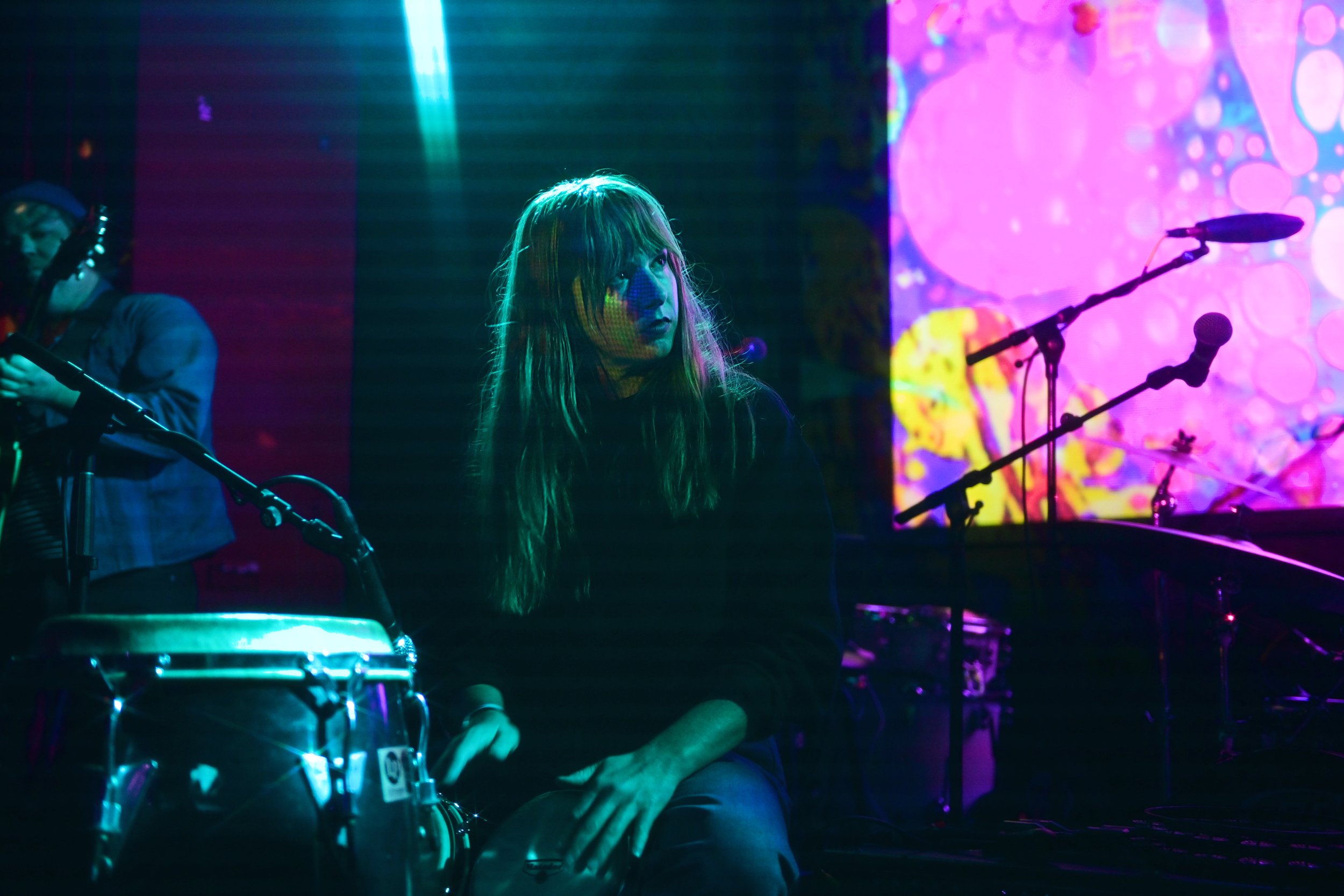
Time is a construct. Space is relative. Objects everywhere and everywhen are spookily and inextricably linked at a distance to everything and everytime else. I could very well be writing from Brazil in 1967, just as easily as I am from America in 2022. It’s all the same, especially when the groundbreaking, genre-blending, freedom-fighters Os Mutantes are in town. Best known for their role in the radical Brazil-born Tropicália movement of the 1960s, and first debuting alongside legendary Brasileiros Gilberto Gil and Caetano Veloso, they initially made enemies from all sides on the political divide. Mind you, during that time, Brazil had suffered a military junta (courtesy of the U.S.) and was under the thumb of a brutal dictatorship. The idea of a new style, which subverting old tropes (like Carmen Miranda’s “inauthentic” representation of Brazil in the 1940s), while infusing more Western sensibilities (see: The Beatles, Jimi Hendrix, Phil Spector) into more traditional Brazilian styles (i.e. bossa nova, samba, Afro-tropicália) was met with heavy resistance. The right-wing government deemed the Tropicália movement a threat, while pro-Marxist leftists felt that it was kowtowing to imperio-western capitalism, Cold War ideologies and was generally “selling out” their country. Unfortunately for “The Mutants” their initial performances (which included founding brothers Arnaldo Baptista and Sérgio Dias Baptista, along with singer Rita Lee) nearly started a riot in Rio de Janeiro at the Third Annual Festival of Brazilian Popular Music in 1968, and were met with fruit, garbage and jeers being hurled at them. (Meanwhile, some of the others in the Tropicália movement were jailed, tortured or exiled until the mid-1970s). Persevering and establishing themselves within the lexicon of pyschedelia, rock n roll and Brazilian music over the years, they were able to perfect their sound, despite tough break-ups, an LSD-fueled attempted suicide by Arnaldo, and lineup changes, all while releasing six albums between 1968-1974, then five more from 1992-2020. Listening to them live, you can hear smalls licks and melodic interpolations that bear passing resemblances to “Hey Jude”, “The One I Love”, “A Message To You Rudy” or War’s “Baby Brother”, but there is no denying the originality and ferocity that Os Mutantes brings. The only thing “selling out” now is large venues across the globe, fifty-five years on. This latest incarnation of the band, helmed by Dias (who did not want to see “the giant sleep again” after their last reunion in 2006), includes the illustrious Esmeria Bulgari on female vocals, along with Sérgio’s band of merry-mutants, including guitarist Camilo Macedo, bassist Vinicius Junqueira, Henrique Peters on keyboards and agogos, and Cláudio Tchernev on drums. Casting a wide net, they played hits like “Bat Macumba” and “A Minha Menina”, their 2020’s release “Beyond”, and a full-fledged balls-to-the-wall version of their 1971 dance hit, “Jardim Elétrico”. Closing the the night with the one that started it all (the opening track on their first album), “Panis Et Circuses”, followed by their Gal Costa & Caetano Veloso cover of “Baby”, plus a second encore of a Vladimir Putin-aimed invective “El Justiciero”, it was one for the record books. Maybe space-time is what you make of it, but there is only one word that bridges all distances: Obrigado!

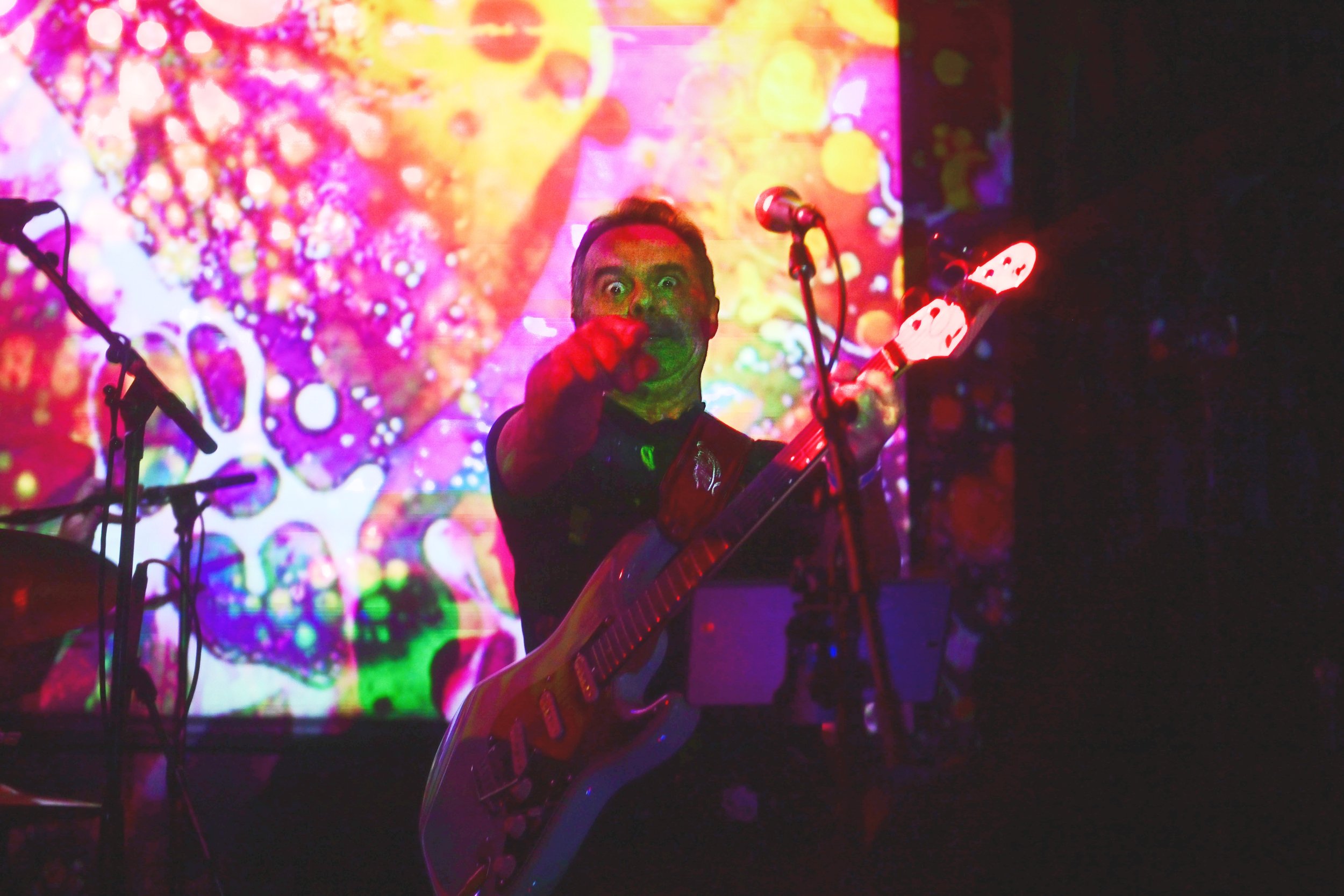


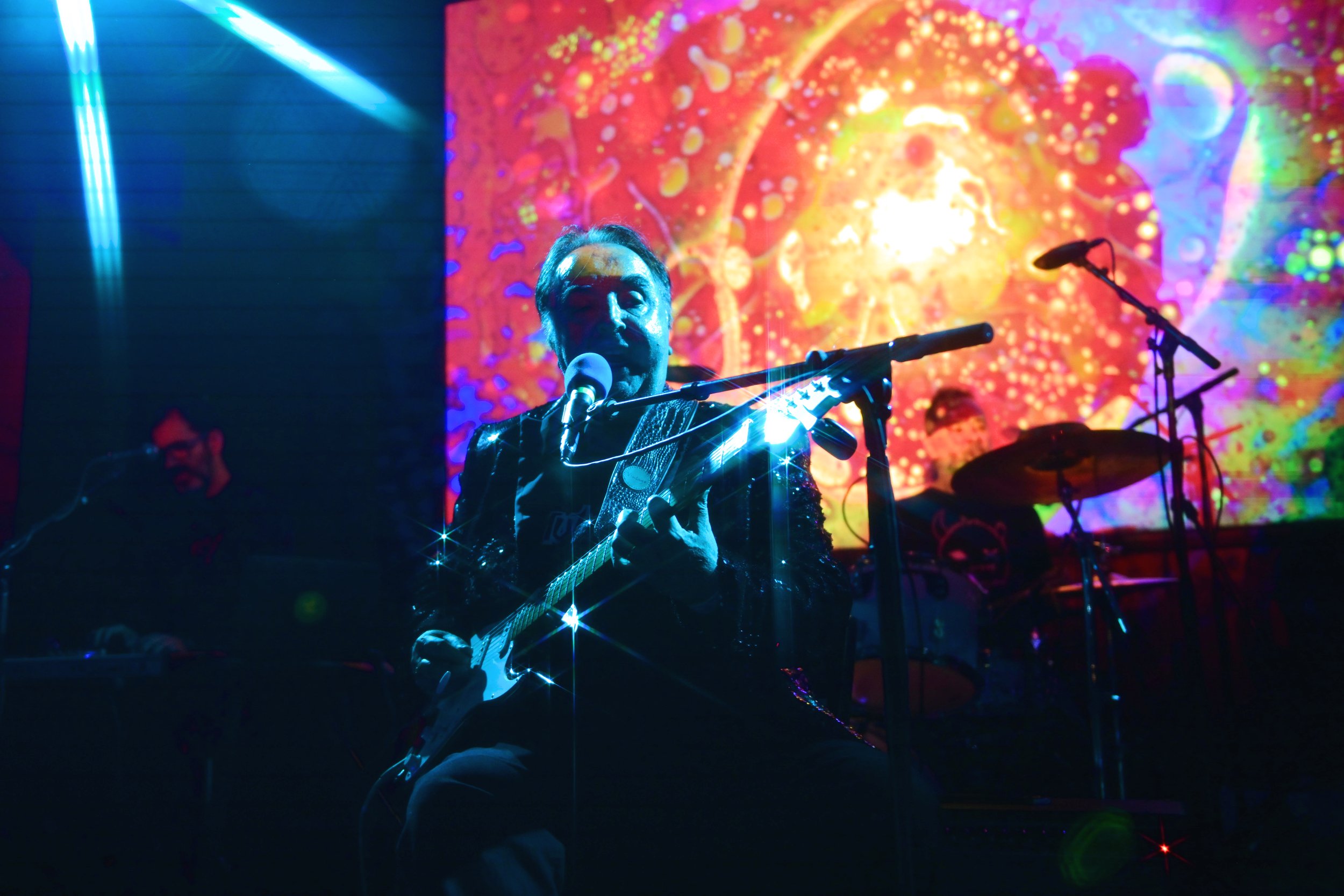
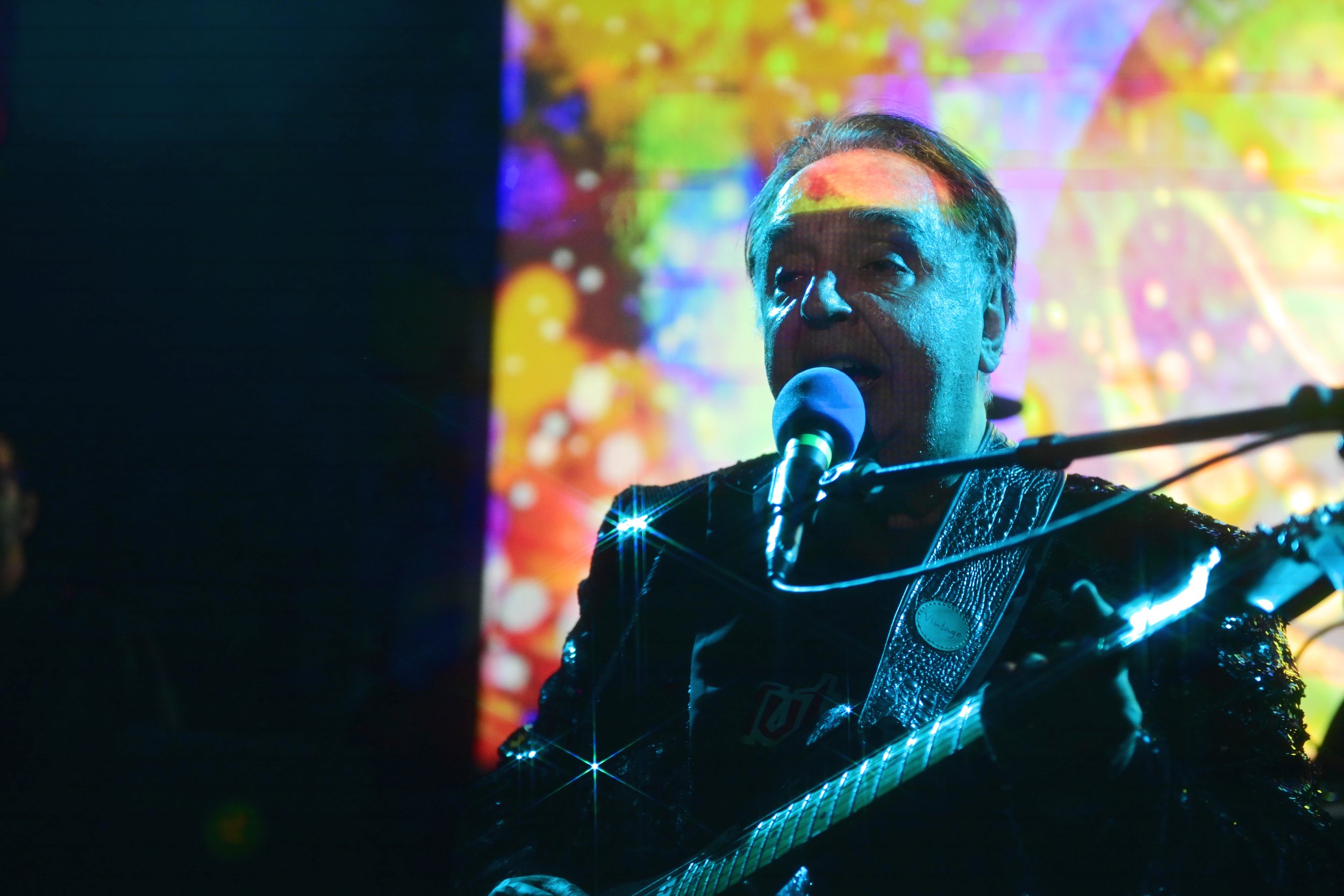






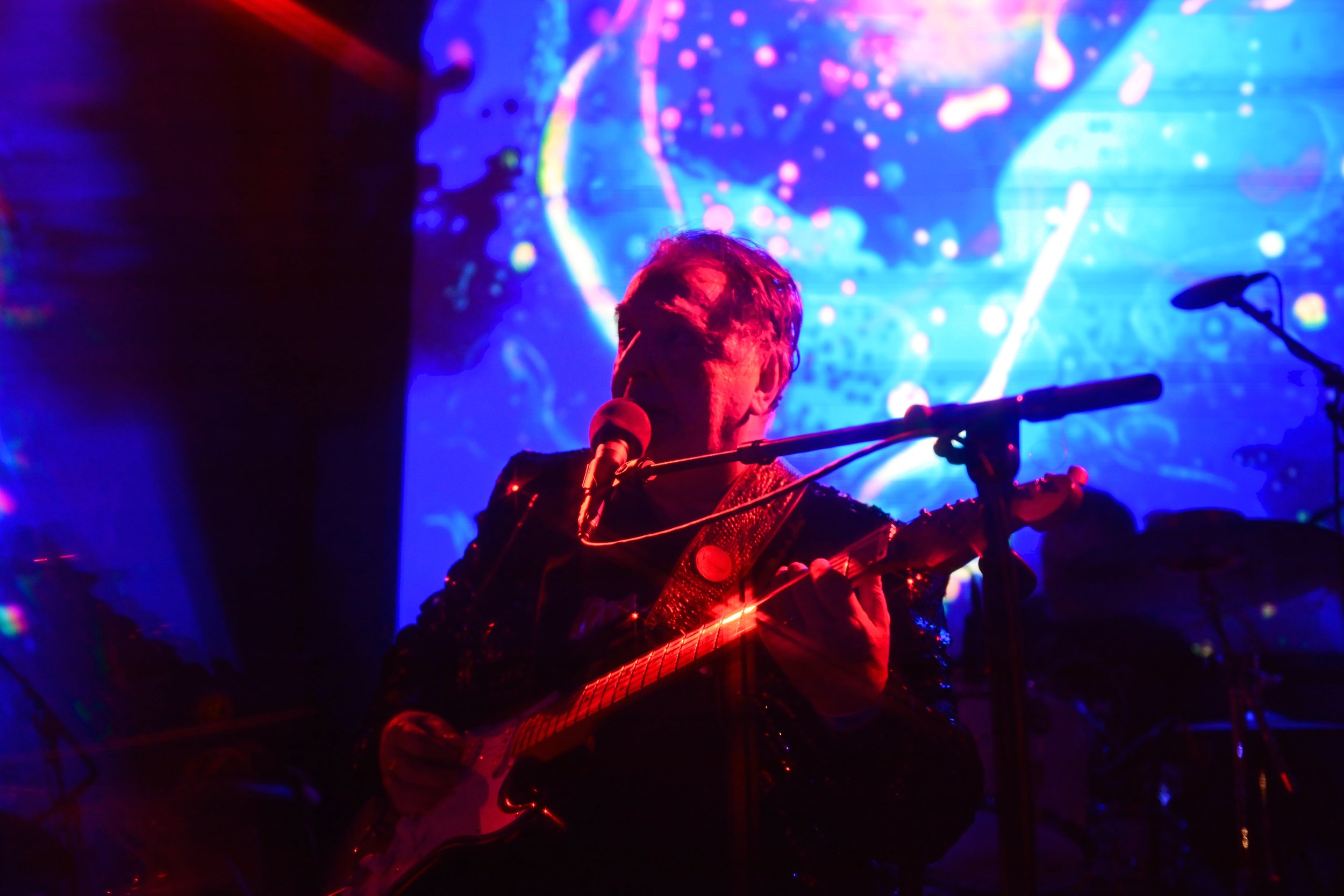

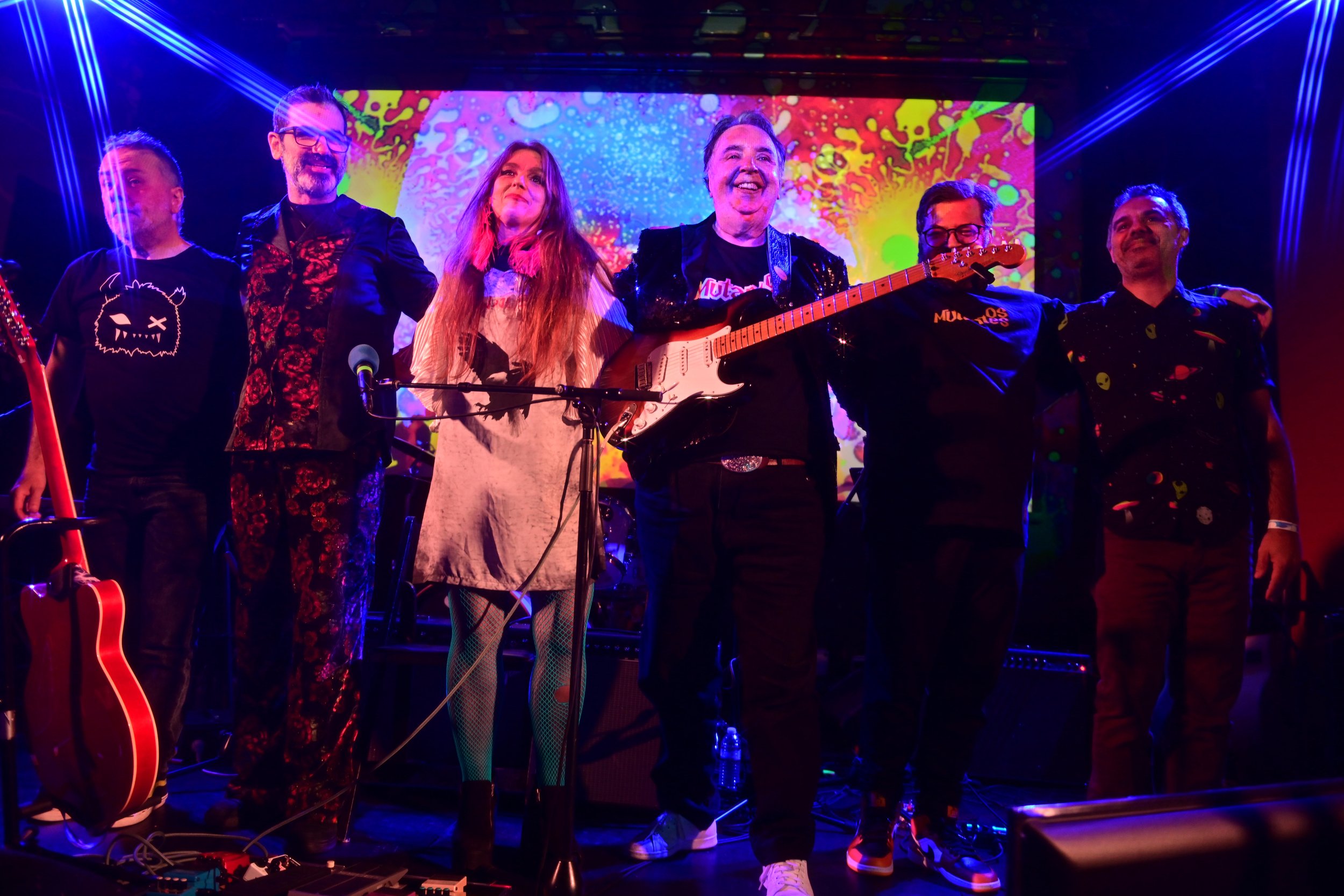
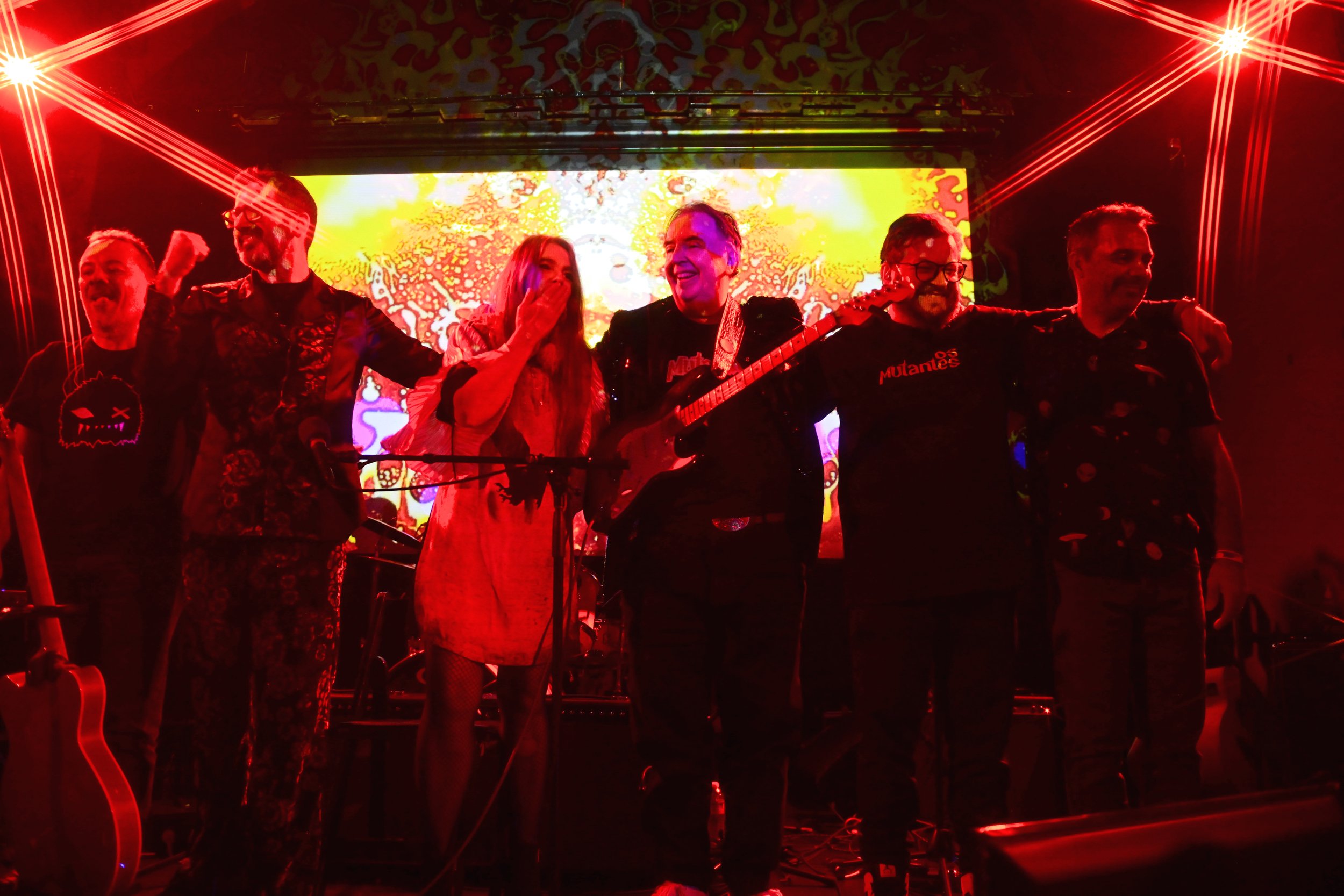
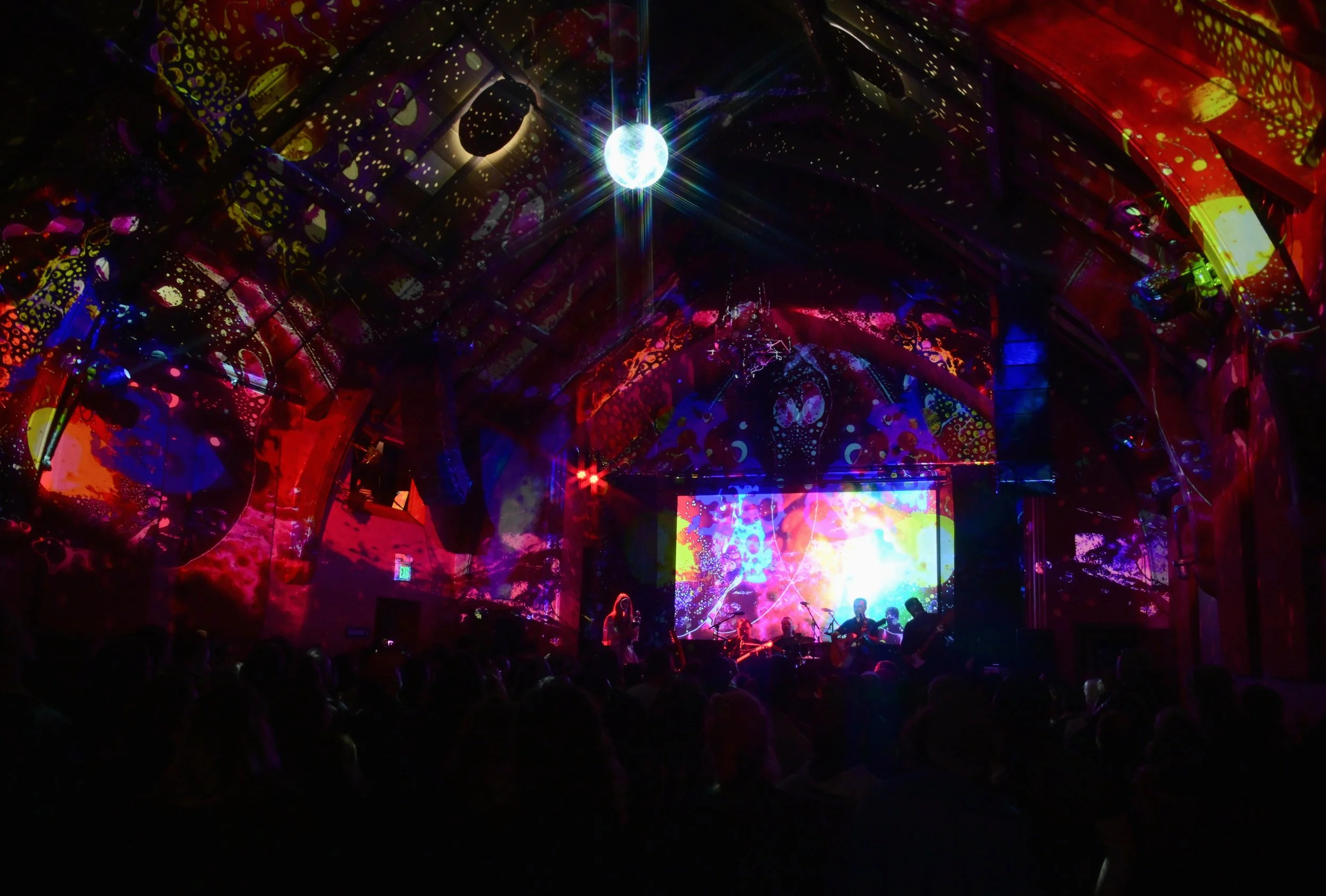
Sugar Candy Mountain
There couldn’t be a better opener for Os Mutantes, other than Oakland’s own Sugar Candy Mountain. A quasi-supergroup, with founders Ash Reiter and Will Halsey bringing in talents Jason Quever (of Papercuts), Matt Adams (of The Blank Tapes) and Brigine on percussion, they describe themselves as “if Brian Wilson dropped acid on the beach in Brazil and recorded an album with Os Mutantes”. Chock-full of melodic left-turns and roller-coaster rhythms, their thick, driving basslines and Sergeant Pepper-inspired surf-psychedelia are the perfect fit for getting the Os Mutantes crowd worked up into a percolating simmer. Check out their new single “Running From Fire”.

